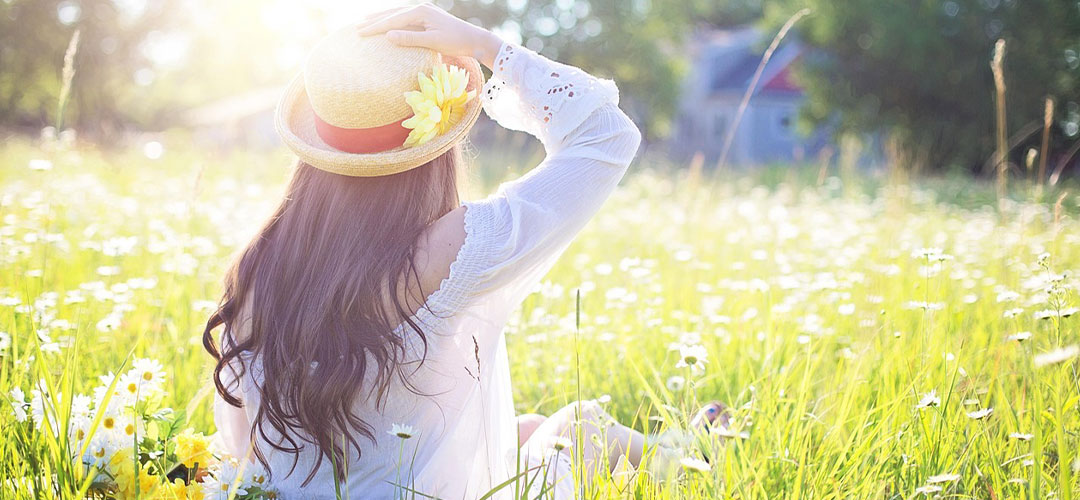
Spending time outdoors is one of the best natural ways to support your body’s Vitamin D production.
However, even if you’re regularly outside, you might still be at risk of low Vitamin D levels, especially if you live in the UK. Let’s explore why.
What is Vitamin D and Why Do We Need It?
Vitamin D is an essential fat-soluble vitamin that plays a vital role in:
- Supporting immune system function
- Maintaining healthy bones, teeth, and muscles
- Assisting calcium and phosphorus absorption
- Contributing to mood regulation and mental wellbeing
Known as the “sunshine vitamin”, our bodies produce Vitamin D when the skin is exposed to ultraviolet B (UVB) rays from sunlight. But there’s a catch, sun exposure alone doesn’t always guarantee adequate levels.
Why You Might Still Need Vitamin D – Even If You're Outdoors
1. UK Weather and Latitude
In the UK, UVB rays are only strong enough to stimulate Vitamin D synthesis between April and September, and only during midday hours (roughly 11am to 3pm). For much of the year, the sun is simply too weak, even if the sky is clear.
2. Clothing and Sunscreen
Spending time outdoors while wearing clothing that covers most of your skin, or using SPF (which blocks UVB rays), can significantly reduce Vitamin D production. While these are vital for skin protection, they may limit your ability to generate enough of the vitamin naturally.
3. Skin Tone Matters
People with darker skin tones naturally produce more melanin, which provides protection from UV rays but also reduces Vitamin D synthesis. If you have a darker complexion, you may need more sun exposure to generate adequate amounts.
4. Time of Day and Shadow Rule
Being outdoors early in the morning or later in the evening might not provide strong enough sunlight. A good general rule is: if your shadow is longer than you are tall, your body won’t be producing much Vitamin D.
5. Modern Lifestyles
Even active individuals often spend time in shaded areas or wear hats and sunglasses. Plus, many people work indoors during peak sun hours, meaning their outdoor time might not coincide with optimal Vitamin D-producing windows.
What Are the Symptoms of Low Vitamin D?
Common signs of deficiency include:
- Fatigue and low energy
- Bone or muscle pain
- Frequent illness or infections
- Mood changes, especially low mood or irritability
- Poor wound healing
In more severe cases, prolonged deficiency can contribute to osteoporosis, rickets (in children), and compromised immune function.
NHS and Public Health England Recommendations
Due to widespread deficiency, the NHS recommends that everyone in the UK consider taking a daily 10 microgram (400 IU) Vitamin D supplement during autumn and winter, regardless of sun exposure. Some people may benefit from year-round supplementation. This includes:
- People who are indoors most of the day
- Those with darker skin tones
- People who wear clothing that covers most of their skin
- Older adults (as the body’s ability to synthesise Vitamin D declines with age)
Should You Take a Supplement?
Even if you’re outdoors often, you may still benefit from a Vitamin D3 supplement, especially:
- During the colder, darker months
- If you cover your skin or use sunscreen daily
- If you live in northern areas or work indoors during peak sun hours
- If you’ve had a blood test confirming low levels
Key Takeaway
Yes, you might still need Vitamin D even if you spend time outdoors. Factors like the season, time of day, skin coverage, and your skin tone all affect how much your body can actually produce. With the UK’s limited sun exposure, especially in winter, Vitamin D deficiency is common.
To maintain optimum health, consider a Vitamin D supplement, particularly during the autumn and winter months, or year-round if you have limited UVB exposure.
Disclaimer:
Information and other content provided in Lily & Loaf blogs should not be construed as medical advice and should not be considered a substitute for professional medical expertise. If you have any medical concerns, you should consult with your health care provider.






